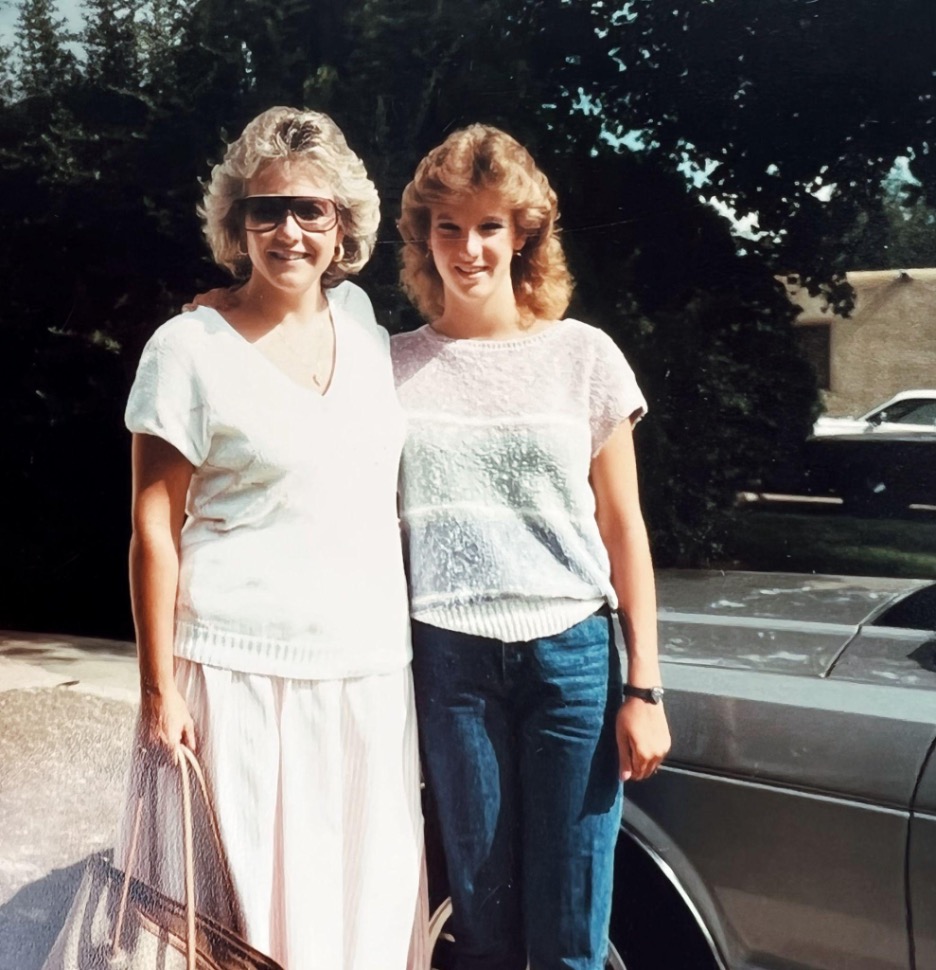Mirrored Resilience: Reflection from a Hospital Bed
The poem describes the profound impact of an encounter between Catherin Potin, the narrator, recovering from a motor vehicle accident, and a young patient with a similar experience. Throughout our interaction, the patient’s strength and resilience illuminate a path towards healing, showing the narrator the power of shared vulnerability in overcoming trauma. This encounter serves as a reminder of the reciprocal nature of healing in medicine and the personal growth that can arise from patient interactions.













